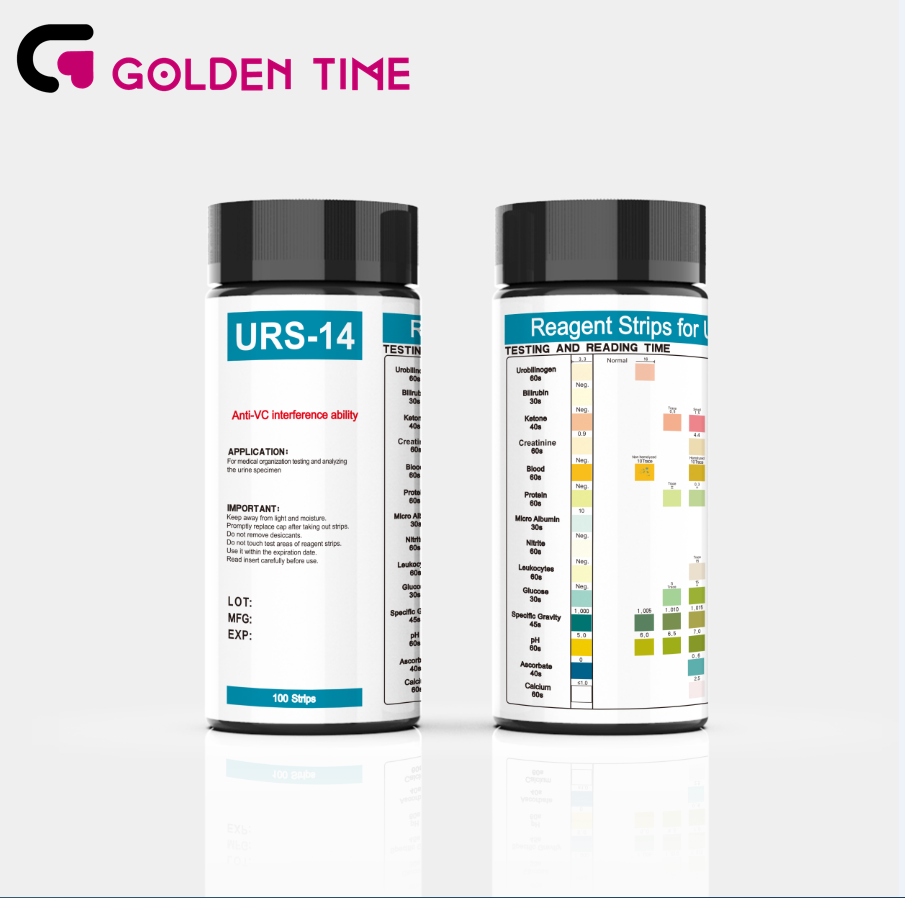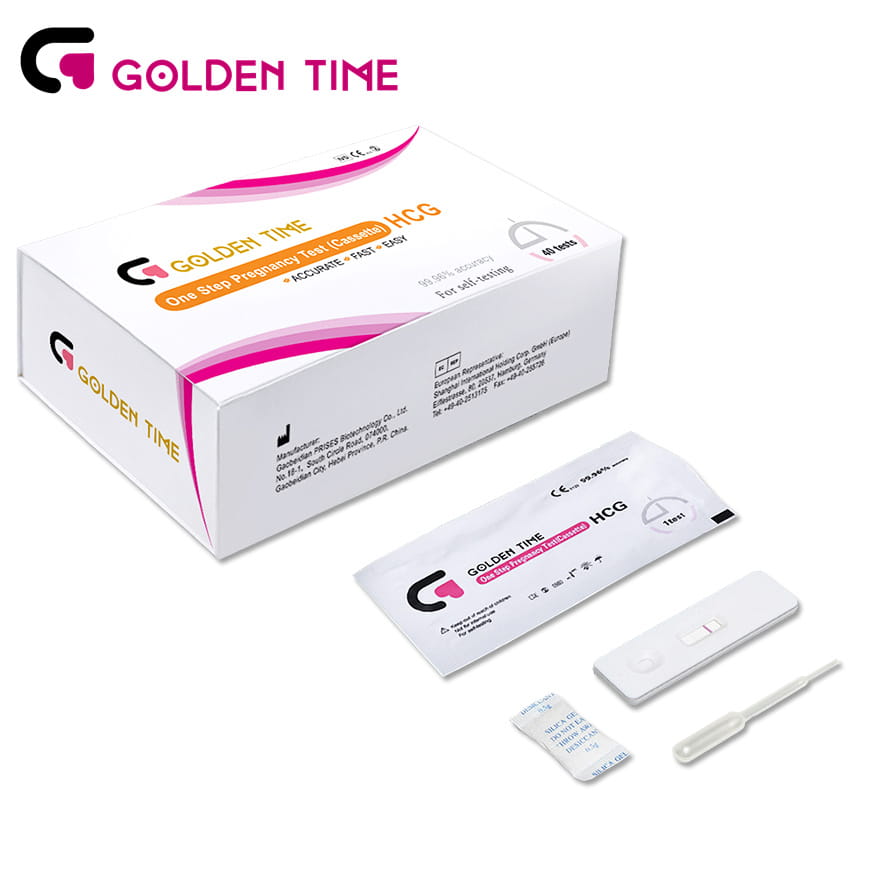Feb . 13, 2025 06:07 Back to list
COVID-19 (SARS-CoV-2) Antigen Test Kit
In the rapidly evolving world of medical diagnostics, staying ahead of the curve is crucial. Antibody and antigen tests have become household terms, but what distinguishes them and which should you consider for your specific needs?
Yet, it's essential to recognize that these tests don't inform one about active infections. For reliable immunological assessment post-vaccination, or to gauge previous exposure to the virus, your expertise should guide you toward an antibody test. So, where does trustworthiness enter the equation? Knowing that a test is authorized by reputable entities such as the FDA or WHO provides a foundational level of assurance. However, real-world experience complements this, as users and healthcare professionals alike consistently report their findings. Such communal knowledge sharing enhances the credibility of these tests. When selecting a test, also consider the setting and the resources available. Antigen tests are ideal for environments requiring mass screening with limited laboratory resources. They are cost-effective, easy to administer, and versatile; their reliability increases with repeated testing strategies. Meanwhile, antibody tests might be better suited for clinical settings or personal use where learning about previous exposure is desired. Ultimately, the choice between these tests isn't about which is better universally. Instead, it's a strategic decision rooted in specific needs, contexts, and objectives. Combining both tests could offer a more comprehensive view—using antigen tests for immediate infection detection, followed by antibody tests for long-term immunity surveillance. In conclusion, delving into the world of COVID-19 testing is not just about picking a test off the shelf. It's about merging technical expertise with real-world experience, ensuring every choice is informed by factors of sensitivity, context, and purpose. As our collective knowledge evolves, so too will the ways we employ these tools to safeguard health, optimize resources, and nurture a greater understanding of our viral landscape.


Yet, it's essential to recognize that these tests don't inform one about active infections. For reliable immunological assessment post-vaccination, or to gauge previous exposure to the virus, your expertise should guide you toward an antibody test. So, where does trustworthiness enter the equation? Knowing that a test is authorized by reputable entities such as the FDA or WHO provides a foundational level of assurance. However, real-world experience complements this, as users and healthcare professionals alike consistently report their findings. Such communal knowledge sharing enhances the credibility of these tests. When selecting a test, also consider the setting and the resources available. Antigen tests are ideal for environments requiring mass screening with limited laboratory resources. They are cost-effective, easy to administer, and versatile; their reliability increases with repeated testing strategies. Meanwhile, antibody tests might be better suited for clinical settings or personal use where learning about previous exposure is desired. Ultimately, the choice between these tests isn't about which is better universally. Instead, it's a strategic decision rooted in specific needs, contexts, and objectives. Combining both tests could offer a more comprehensive view—using antigen tests for immediate infection detection, followed by antibody tests for long-term immunity surveillance. In conclusion, delving into the world of COVID-19 testing is not just about picking a test off the shelf. It's about merging technical expertise with real-world experience, ensuring every choice is informed by factors of sensitivity, context, and purpose. As our collective knowledge evolves, so too will the ways we employ these tools to safeguard health, optimize resources, and nurture a greater understanding of our viral landscape.
Latest news
-
China Nylon Flocking Swabs - AI Enhanced Quality Collectors
NewsAug.03,2025
-
Highly Accurate hCG Pregnancy Test Strips - 5 Min Results
NewsAug.02,2025
-
Premium Empty ABS Plastic Cassettes: Durable & Lightweight Storage
NewsAug.01,2025
-
Accurate Cocaine (Coc) Rapid Test Kit | Fast & Reliable Detection
NewsJul.31,2025
-
Accurate HCG Pregnancy Test Strips | Fast Home Use Kit
NewsJul.31,2025
-
Reliable Early Pregnancy Test Kit Supplier - Multi Plastic Cassette Options
NewsJul.30,2025

